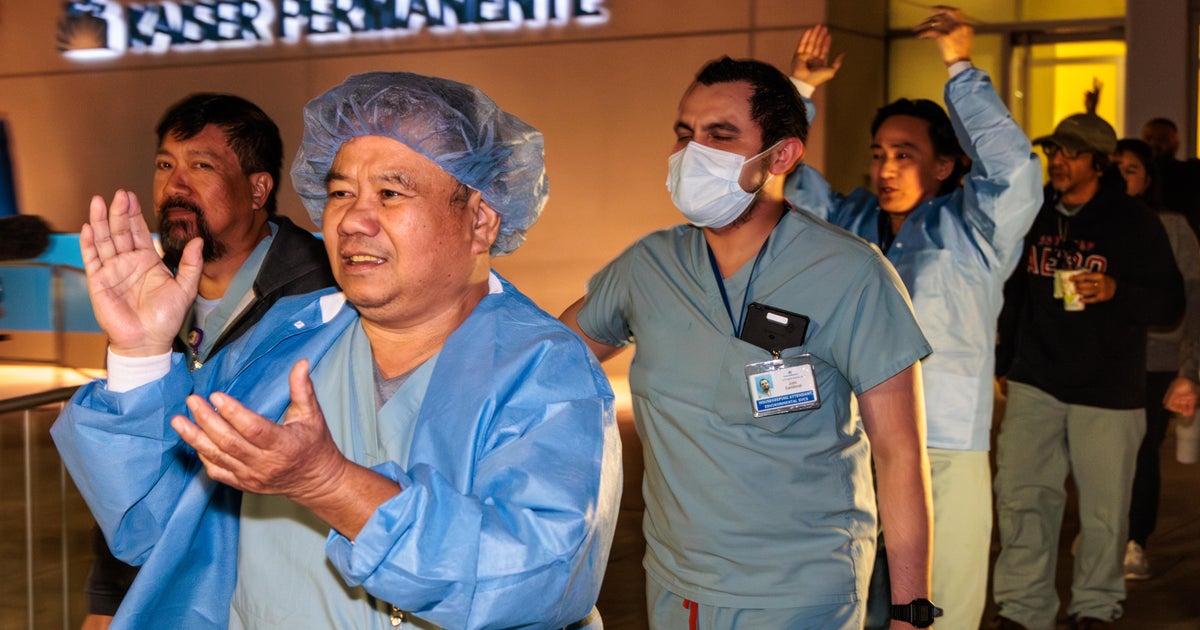75,000 Kaiser Permanente Workers Go on Strike
More than 75,000 Kaiser Permanente workers have launched a historic strike, marking the largest walkout by healthcare workers in U.S. history. Starting at 6 a.m. local time, nurses, lab technicians, pharmacists, and other employees across hospitals and medical centers in California, Colorado, Oregon, Virginia, Washington, and Washington, D.C., have joined the work stoppage, which is scheduled to last for three days. The Coalition of Kaiser Permanente Unions reports that this strike could disrupt medical services for nearly 13 million people, leading to reduced nonessential care.
However, hospitals and emergency departments will continue to operate with staffing by doctors, managers, and “contingent workers,” ensuring that critical patient care remains unaffected. Negotiations between Kaiser management and union representatives are ongoing, as both parties attempt to resolve the impasse.
This significant strike is part of a broader surge of labor activity across various industries, including the United Auto Worker’s strike against Detroit’s Big Three automakers. UAW President Shawn Fain expressed solidarity, highlighting the shared struggle of working people across different sectors.
“Breakdown” in Patient Care
Kaiser workers argue that chronic understaffing is prioritizing the company’s profits over patient and staff wellbeing. Kaiser asserts that it is doing the best it can given the shortage of workers within the industry. Employees who have spoken out express frustration, describing rushed care for an excessive number of patients with inadequate time and insufficient support.
Ultrasound technician Michael Ramey, with 27 years of experience at Kaiser, describes the once-loved job as “heartbreaking” and “stressful” due to staff shortages. Workers highlight that this issue negatively affects both their morale and patient treatment. The workers are determined to secure a contract that ensures adequate staffing levels to provide quality care.
In conversations with patients, Ramey often hears complaints about delayed medical procedures and extended wait times for results. This breakdown in care and its impact on communities push Kaiser workers to burn themselves out while struggling to fill the roles of multiple staff members.
The Coalition of Kaiser Permanente Unions is advocating for a $25 hourly minimum wage, along with yearly increases of 7% for the first two years and 6.25% for the subsequent two years.
“Hospital strikes are complicated. Unlike striking at an auto plant, for example, the goal is not to shut down the facility,” explains labor expert Gabriel Winant from the University of Chicago. “When you strike at a hospital, people’s lives are at stake.”
Trending News
Denial of responsibility! Vigour Times is an automatic aggregator of Global media. In each content, the hyperlink to the primary source is specified. All trademarks belong to their rightful owners, and all materials to their authors. For any complaint, please reach us at – [email protected]. We will take necessary action within 24 hours.


